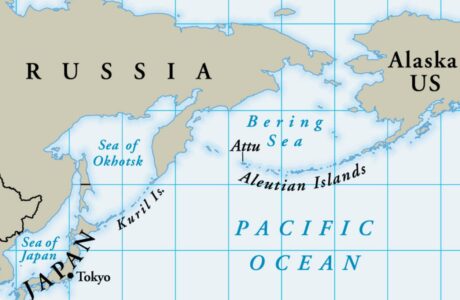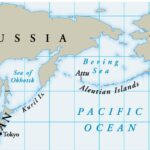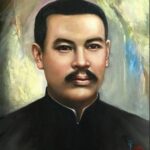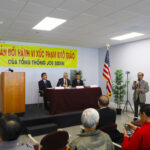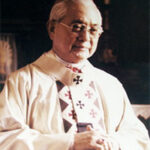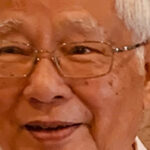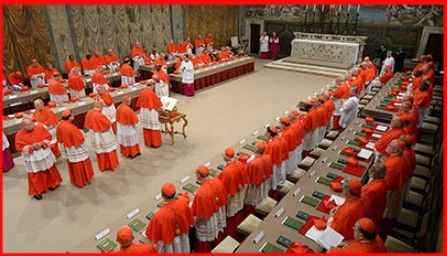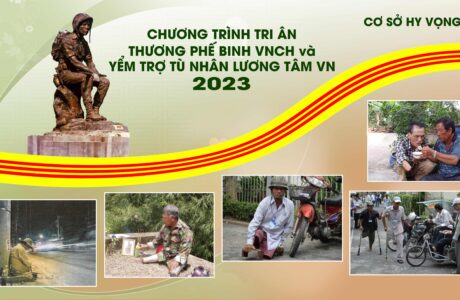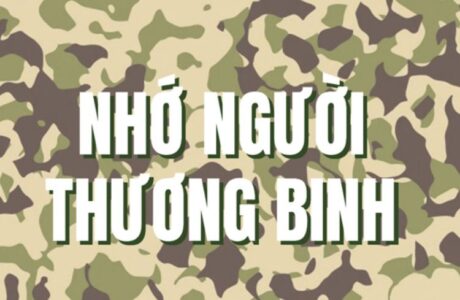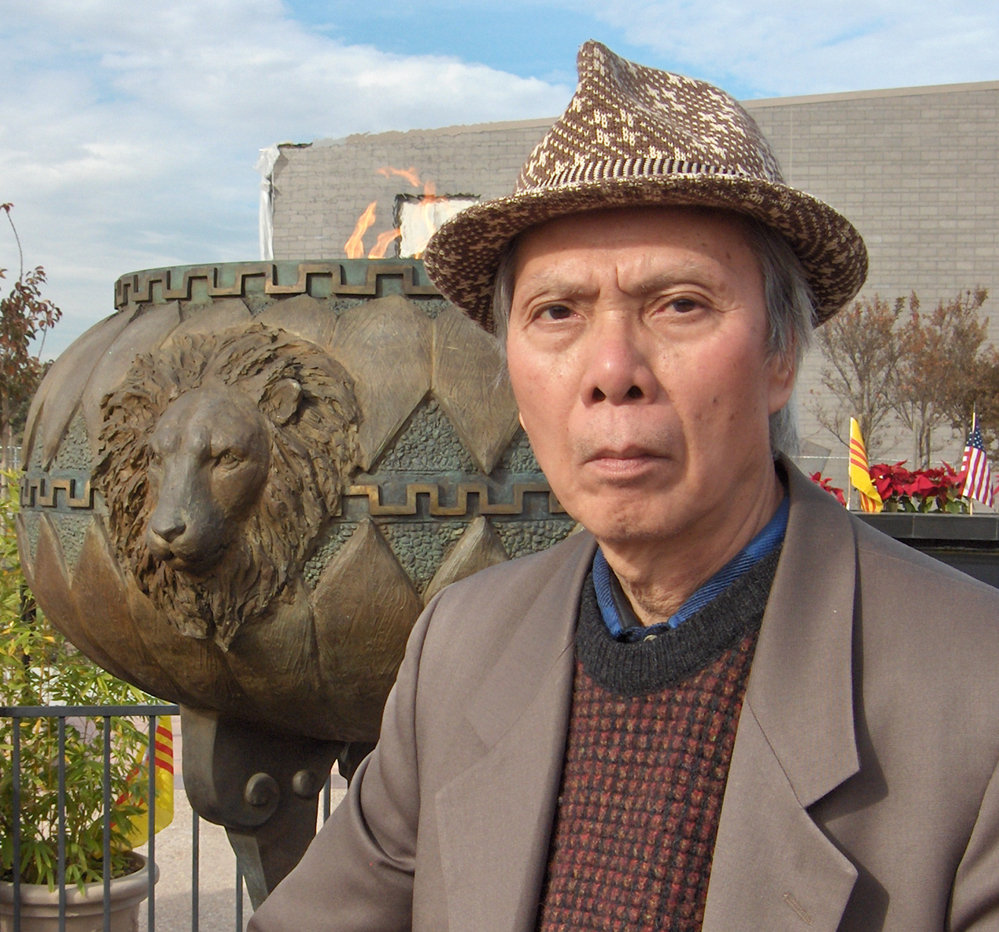
- Tôi đọc Tuyển Tập Trần Phong Vũ
- Tập thơ Hoa Địa Ngục
- Nguyễn Chí Thiện (1939-2012) và Hoa Địa Ngục – Thuỵ Khuê (RFI – June.2013)
PEN REMEMBERS VIETNAMESE POET NGUYEN CHI THIEN
By: PEN America
October 9, 2012
Nguyen Chi Thien, who spent nearly three decades behind bars in Vietnam, passed away on October 2, 2012, at the age of 73. PEN International remembers his strength, his perseverance, and his poetry.
Born in February 1935 in Hanoi, Vietnam, Nguyen Chi Thien was asked by friend to teach one of his classes when he was ill. The year was 1960. In the lesson Chi Thien told the students that America had defeated Japan in World War II, not the Soviet Union, which the official curriculum had claimed.
Nguyen Chi Thien was soon arrested and sentenced to two years’ imprisonment on the charge of spreading “anti-government propaganda.” During what turned out to be a three-and-a-half-year incarceration he composed “almost a hundred poems,” committing them to memory. He was briefly released in 1964, but he was soon re-arrested in February 1966 on the charge of producing “politically irreverent poems.” For this offense, and without trial, he served 11 years in prison camps before being temporarily released in July 1977 because there was no room in the crowded camp to cope with the increasing flow of new prisoners coming from South Vietnam. Denied employment, Nguyen Chi Thien composed a further four hundred poems.
After the end of the Sino-Vietnamese war of 1979, afraid of being unable to survive if re-arrested, Nguyen Chi Thien decided to send his ‘’incriminated’’ poems abroad. In July 1979, braving security police, he handed his handwritten manuscript to diplomats at the British Embassy after extracting a promise that the poems would be published. Upon leaving the embassy, Nguyen Chi Thien was arrested by Vietnamese security forces and imprisoned for a further 12 years.
Nguyen Chi Thien was freed in October 1991 after international interventions, including those by PEN members, and granted asylum in the United States, where he was invited to address Congress. Between 1998 and 2001 he lived in France, where he had been awarded a fellowship by the International Parliament of Writers. His Hoa Lo Prison Stories, a prose narrative of his imprisonment’s experiences, was translated and published in English as theHoa Lo / Hanoi Hilton Stories by Yale Southeast Asia Studies in 2007. He returned to America and he settled in California where he continued writing. Nguyen Chi Thien’s collection of poems, Flowers from Hell, was published abroad in eight different languages, and in 1985 he won the International Poetry Award in Rotterdam.
Celebrate Nguyen Chi Thien’s life by reading his poetry:
Inside The Prison Trap of Steel
Inside the prison trap of steel,
I want to see no streams of tears,
And laughter I want even less to hear.
I want that each of us
clamp tight his jaws,
withdraw his hands from everything,
refuse to be a buffalo, a dog.
Soak up this truth: this jail will last
As long as it holds buffalos and dogs.
Unless were are mere clay
we shall stay men.
Nguyen Chi Thien
Vietnamese dissident poet
WRITTEN BY Melinda C. Shepherd
Melinda Shepherd received a B.A. (magna cum laude, Phi Beta Kappa) in English Literature from the University of Illinois, Urbana, and an M.A. in English Literature from the University of Michigan, Ann…
Nguyen Chi Thien, Vietnamese dissident poet (born Feb. 27, 1939, Hanoi, French Indochina [now in Vietnam]—died Oct. 2, 2012, Santa Ana, Calif.), composed some 700 poems in his head and committed them to memory during the roughly 27 years (1960–64, 1966–77, 1979–91) that he spent in labour camps and in prison, including 6 years (1979–85) in the infamous Hoa Lo prison, dubbed the Hanoi Hilton by American prisoners of war. Nguyen was first arrested in 1960 after he told a class of Vietnamese schoolchildren that their textbook was wrong when it said that the Soviet Union—rather than the United States—had brought about the defeat of Japan in World War II. During that first three-and-a-half-year imprisonment, he was denied access to pen and paper, so he began composing verse in his head. He repeated many of the poems to friends during a brief period of freedom (1964–66), and his work began to spread orally after he was rearrested (in part because of his poetry). Nguyen finally had the opportunity to write down some 400 of his poems, and in 1979 he asked officials at the British embassy, which refused him asylum, to smuggle the manuscript out of Vietnam. He was immediately rearrested. He was allowed to immigrate to the U.S. in 1995. Much of Nguyen’s verse was collected in translation, notably the English-language Flowers from Hell (1984), for which he was awarded (1985) the Rotterdam International Poetry Award, and the revised and expanded two-volume Flowers of Hell (1996). He later published two collections of short stories.
![]()






